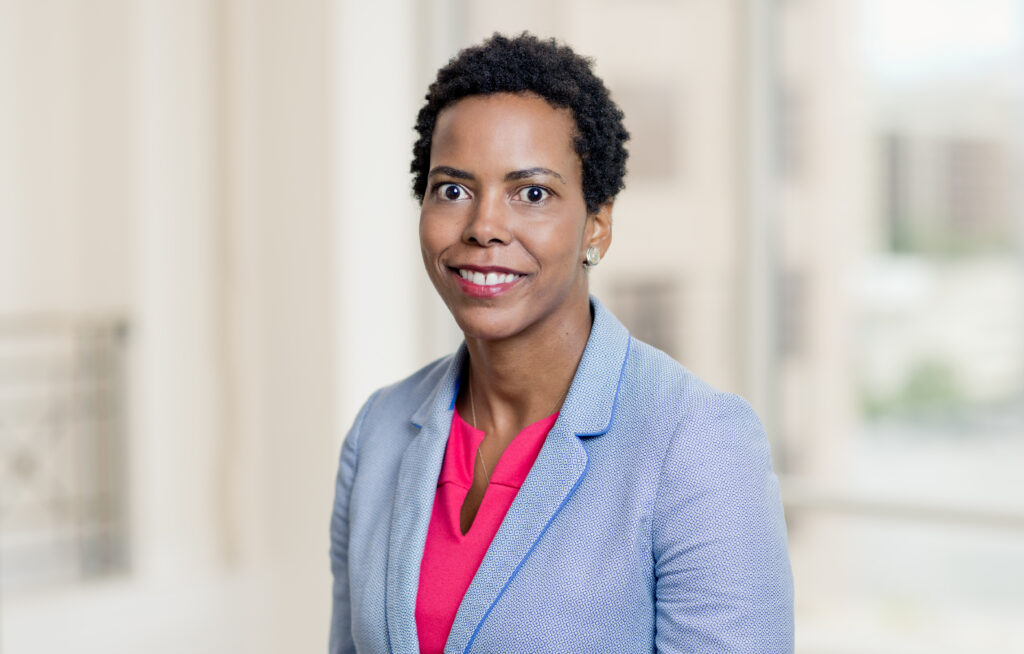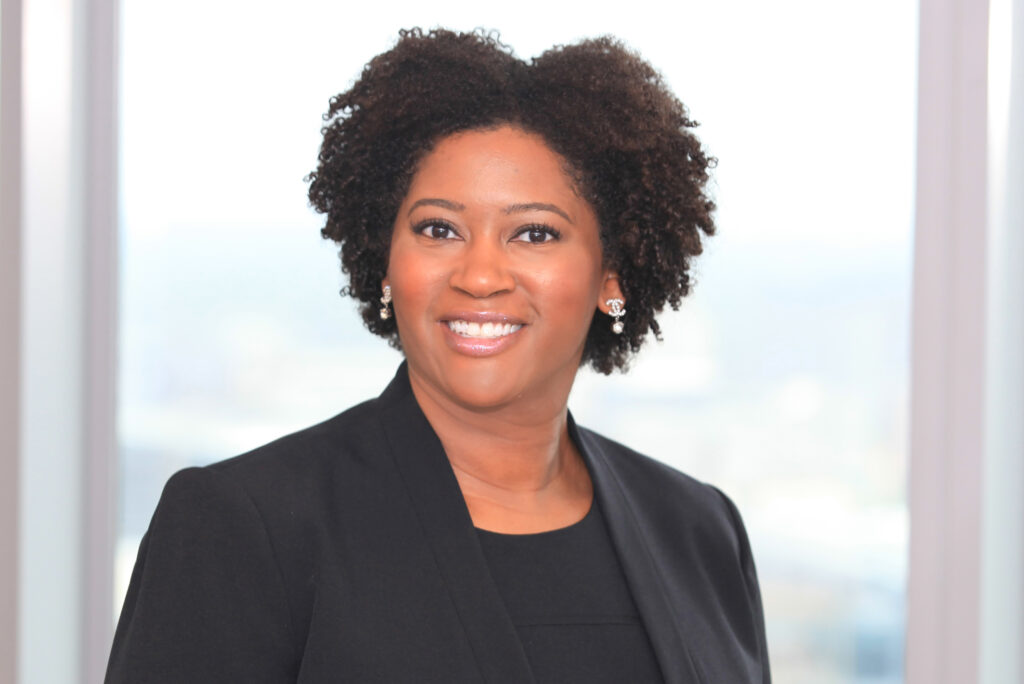As the fallout from COVID-19 continues to settle into the fabric of our society, time and distance provide us with an important perspective on elements of pandemic living that are seemingly here to stay. Work from home, which was born out of necessity during the pandemic, has morphed into the assimilation of hybrid working environments as the new normal of corporate America. And given that physical separation among coworkers, at least on some level, is apparently here to stay, leaders across industries have been forced to discard old practices in favor of reimagined forms of collaboration.
The pandemic also highlighted both social and financial inequities faced by communities of color, and created a sense of urgency around the creation and implementation of programs focused on increasing diversity and promoting inclusion. In the legal community, for example, the general counsels of 12 major financial institutions drafted an open letter to the leaders of the legal community in the midst of the pandemic calling for increased diversity and inclusion. In the months since, we have seen concrete examples of innovative ideas at work to strengthen diversity and inclusion in the legal community. If harnessed effectively, this innovation can help corporations across the board create and implement programming to propel their businesses to new heights in the diversity, equity and inclusion space.
Crowdsourcing Innovation
Other industries, most notably the computer sciences, have recognized the benefits of crowdsourcing ideas for years in the form of hackathons. But the concept of the hackathon — a large event originally developed for collaborative computer programming — can be implemented in various industries, and across all employment levels, to harness the creativity and ingenuity of the workforce. At Hunton Andrews Kurth LLP, for example, the firm has successfully implemented the hackathon concept during the summer associate program since 2020, with the goal of developing the progressive ideas of younger talent. During each summer’s hackathon, groups of summer associates across all offices worked with partners to brainstorm programming ideas to improve and sustain diversity and inclusion initiatives. In addition to producing innovative programming for the firm, these hackathons yielded the added benefits of increasing firm morale, promoting collaboration between offices, and bringing employees from different demographics together to tackle a common issue. Over the past three summers, the program has challenged participants to create programs aimed at developing pre-law school pipeline programs, promoting connectivity among colleagues in remote or hybrid working environments, and fostering associate inclusion.
Reward Achievement to Encourage Success
One of the most tangible ways to promote diversity in the legal profession is to reward achievement and provide a meaningful path from college, to law school, and into private practice. Developed from a winning hackathon submission, the HuntonAK Pathfinders Scholarship Program aims to attract outstanding first-generation law students to the private practice of law while helping them to be successful in law school through both work and mentorship experiences afforded by the program. The firm recently named the inaugural scholarship award winner, who will receive a 10-week summer clerkship opportunity and a $25,000 scholarship, payable upon joining the firm full-time. Rewarding outstanding talent, especially when combined with pipeline programs aimed at supporting first-generation legal professionals, provides a concrete response to the call for inclusion in the legal community.
Enhance Virtual and In-Person Connection
As we move further away from the pandemic, leaders will be challenged to balance connectivity in both hybrid and in-person working environments. A company’s ability to promote inclusion equally among its remote and in-office workforce will likely become the new benchmark for success. On the virtual frontier, companies must implement programs that engage employees, promote collaboration and introduce an element of fun. At Hunton Andrews Kurth, for example, new hires and veteran lawyers alike create video content that introduces themselves and their practice to colleagues around the world in all firm offices in order to promote team-building across geographic as well as virtual barriers. The firm also creates virtual events that promote the firm’s shared culture — celebrating Black History Month and LGBTQ Pride Month, for example, as well as promoting collegiality and fun through virtual escape rooms, cooking and cocktail-making classes, games and trivia — that provide fellowship across offices and reinforce the firm’s commitment to inclusion. To support this new digital landscape, companies should ensure that they have invested in and implemented virtual technologies that support this new frontier of cooperative teamwork.
Born from its hackathons, Hunton Andrews Kurth’s expanded mentoring and coaching programs directly benefit new hires by promoting a sense of confidence and reinforcing firm culture. As a cornerstone of firm culture, a commitment to community engagement and outreach, especially in support of local inclusion initiatives, also serves to reinforce corporate inclusion efforts. At Hunton Andrews Kurth, while virtual events help connect geographically-diverse employees, it is equally important to offer local employees opportunities to connect in person with one another and support diversity programming in the community. For example, attorneys in Hunton Andrews Kurth’s Richmond office gathered together in person to learn about and pool resources to support a local artist’s public art project focused on creating murals to promote racial and social justice. These types of shared experiences among colleagues inevitably result in deeper connections that support a diverse and inclusive corporate culture, with the added benefit of strengthening associate loyalty.
Successful incorporation of the hackathon concept outside the computer science world is not limited to the legal community, however. Both MIT and Microsoft held successful hackathons aimed at solving the problems of student inclusion and education and technology gaps associated with remote learning, respectively. With buy-in from the c-suite across a myriad of industries, this powerful crowdsourcing concept will not only lead to the creation and implementation of innovative programming, but it will help foster a more inclusive corporate culture.
Rudene Mercer Haynes is a partner at Hunton Andrews Kurth, serves as a firmwide hiring partner, and also sits on the executive committee.

Amber M. Rogers is a partner at Hunton Andrews Kurth, serves as the hiring partner for the firm’s Dallas office, and also sits on the executive committee.

Publisher’s Note: This content is premium subscriber thought leadership and is published outside of our paywall.
